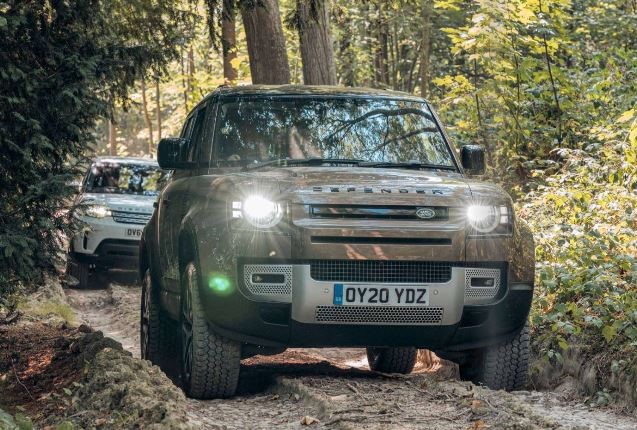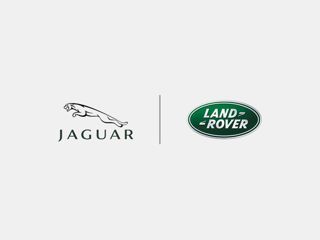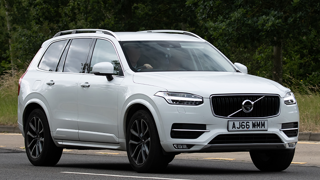Jaguar Land Rover (JLR) has confirmed that it will begin testing of a hydrogen fuel cell powered Land Rover Defender 4x4 at the end of this year.
The car maker said in a statement issued today (June 15) that the prototype vehicle will be used as a test bed to establish how a hydrogen powertrain can be optimised to meet the expectations of its customers.
Ralph Clague, head of Hydrogen and Fuel Cells for Jaguar Land Rover, said: “We know hydrogen has a role to play in the future powertrain mix across the whole transport industry, and alongside battery electric vehicles, it offers another zero tailpipe emission solution for the specific capabilities and requirements of Jaguar Land Rover’s world class line-up of vehicles.”
Jaguar Land Rover (JLR) has confirmed that it will begin testing of a hydrogen fuel cell powered Land Rover Defender 4x4 at the end of this year.
The car maker said in a statement issued today (June 15) that the prototype vehicle will be used as a test bed to establish how a hydrogen powertrain can be optimised to meet the expectations of its customers.
Ralph Clague, head of Hydrogen and Fuel Cells for Jaguar Land Rover, said: “We know hydrogen has a role to play in the future powertrain mix across the whole transport industry, and alongside battery electric vehicles, it offers another zero tailpipe emission solution for the specific capabilities and requirements of Jaguar Land Rover’s world class line-up of vehicles.”
Known as Project Zeus, JLR’s hydrogen fuel cell project is part-funded by the government-backed Advanced Propulsion Centre.
JLR announced back at February’s unveiling of its new ‘Reimagine’ strategy that Jaguar is set to be transformed into a purely electric vehicle (EV) brand by 2025, with 60% of new Land Rovers to be zero-emissions capable by 2030.
Its hydrogen research project forms part of an overall goal of achieving zero tailpipe emissions by 2036, and net zero carbon emissions across its supply chain, products and operations by 2039.
Clague said: “The work done alongside our partners in Project Zeus will help us on our journey to become a net zero carbon business by 2039, as we prepare for the next generation of zero tailpipe emissions vehicles.”
Since 2018, the global number of fuel cell vehicles on the road has nearly doubled, while hydrogen refuelling stations have increased by more than 20%.
By 2030, forecasts predict hydrogen-powered vehicle deployment could top 10 million with 10,000 refuelling stations worldwide.
Login to continue reading
Or register with AM-online to keep up to date with the latest UK automotive retail industry news and insight.



















Login to comment
Comments
No comments have been made yet.